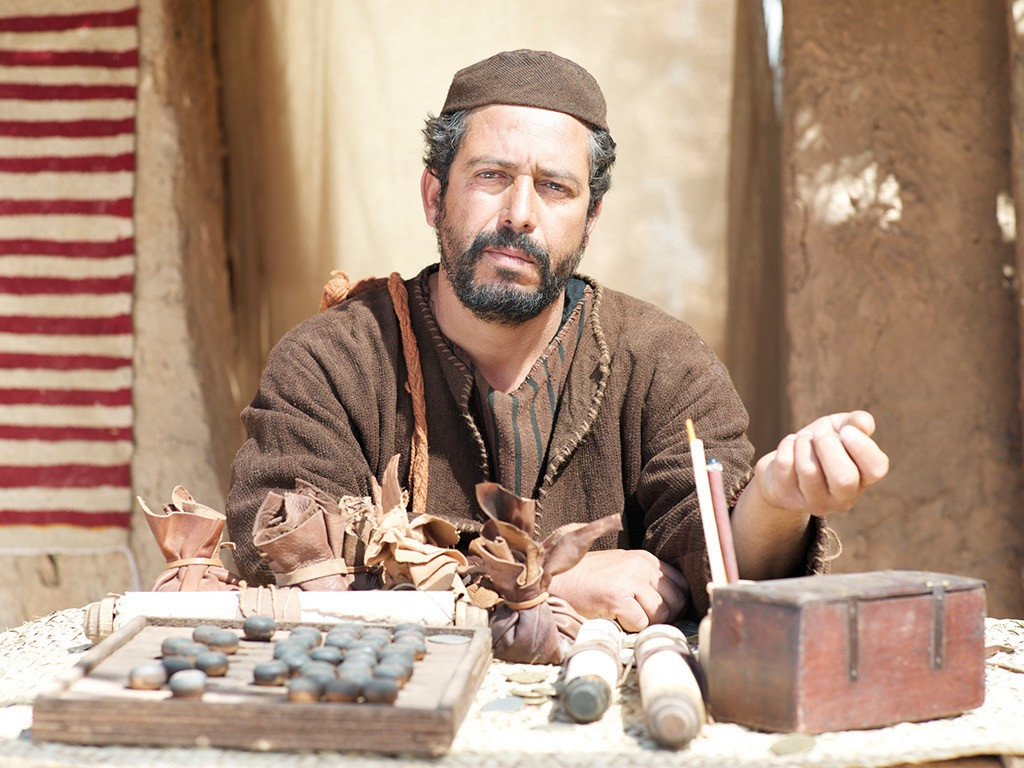
This week we hear about the time when Jesus called the tax collector, Matthew, the ascribed author of the Gospel that bears his name, to follow him. This call is described only very briefly. Jesus sees Matthew sitting at his tax collection booth, calls him to follow and Matthew gets up and follows. All I can say is that Jesus must have been very persuasive or Matthew was getting bored with collecting taxes on behalf of the Romans.
Before heading off on the road with Jesus and the other disciples, Matthew hosts a big dinner party for his fellow tax collectors at which Jesus is present. Some Pharisees, the constant critics of Jesus, observe this and question why Jesus, supposedly a person who speaks for God, would pollute himself by joining such a group of ‘sinners’ (today we might call them a bunch of corrupt fat cats).
Jesus’ response is instructive. People who are well don’t need a doctor. It’s the sick who need a doctor. The implication is that law-abiding decent folk like the Pharisees don’t need someone to come and show them how to live. But folk like Matthew and his friends have become greedy and corrupt and have lost sight of God’s ways. It’s these sorts of people that Jesus is attracted to.
If we had been in Jesus’ shoes, perhaps we would have chosen more promising and talented people to make up our travelling community. But Jesus chose unlikely and ordinary people – simple fishermen, a tax collector like Matthew, anti-government zealots – as well as a few strong women. He saw potential and hidden talents in them. For their part, it took a mix of curiosity, courage and trust to set out with Jesus. And although they were ordinary people, God did extraordinary things through them.
I wonder what extraordinary things God can do through you?

